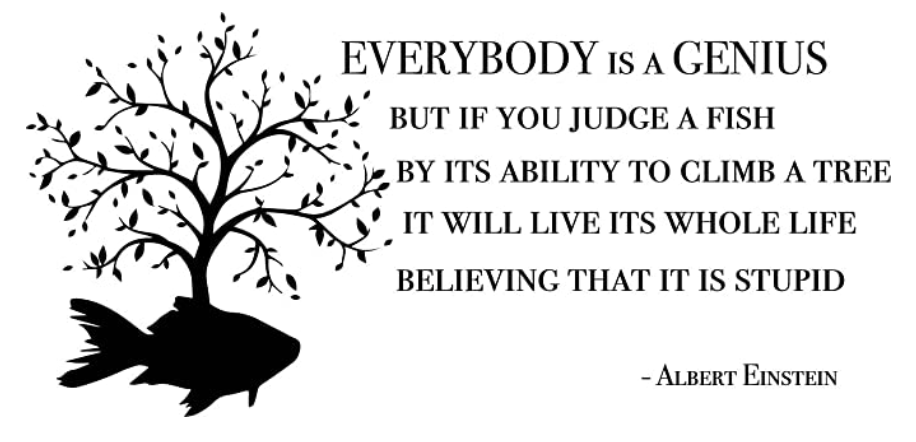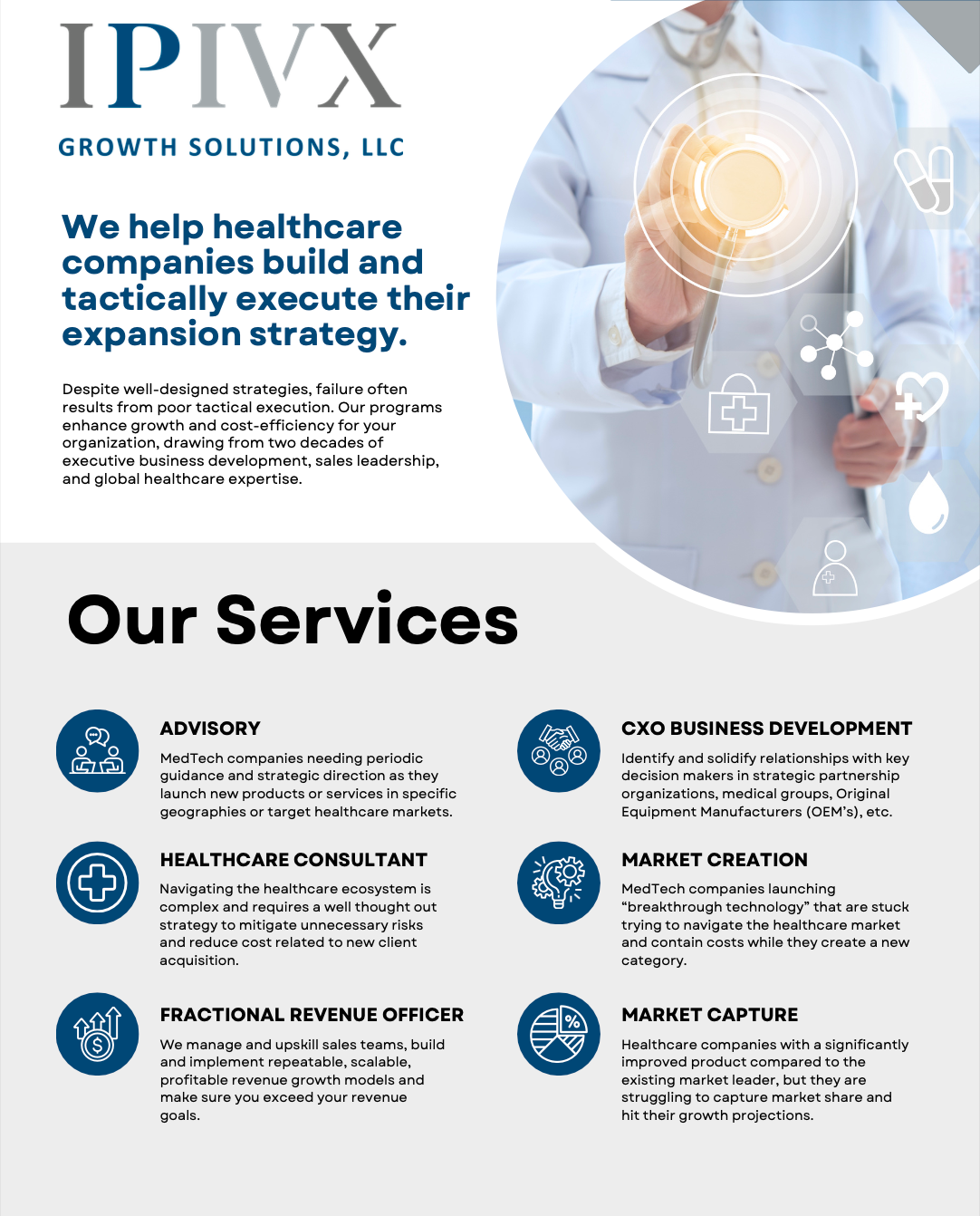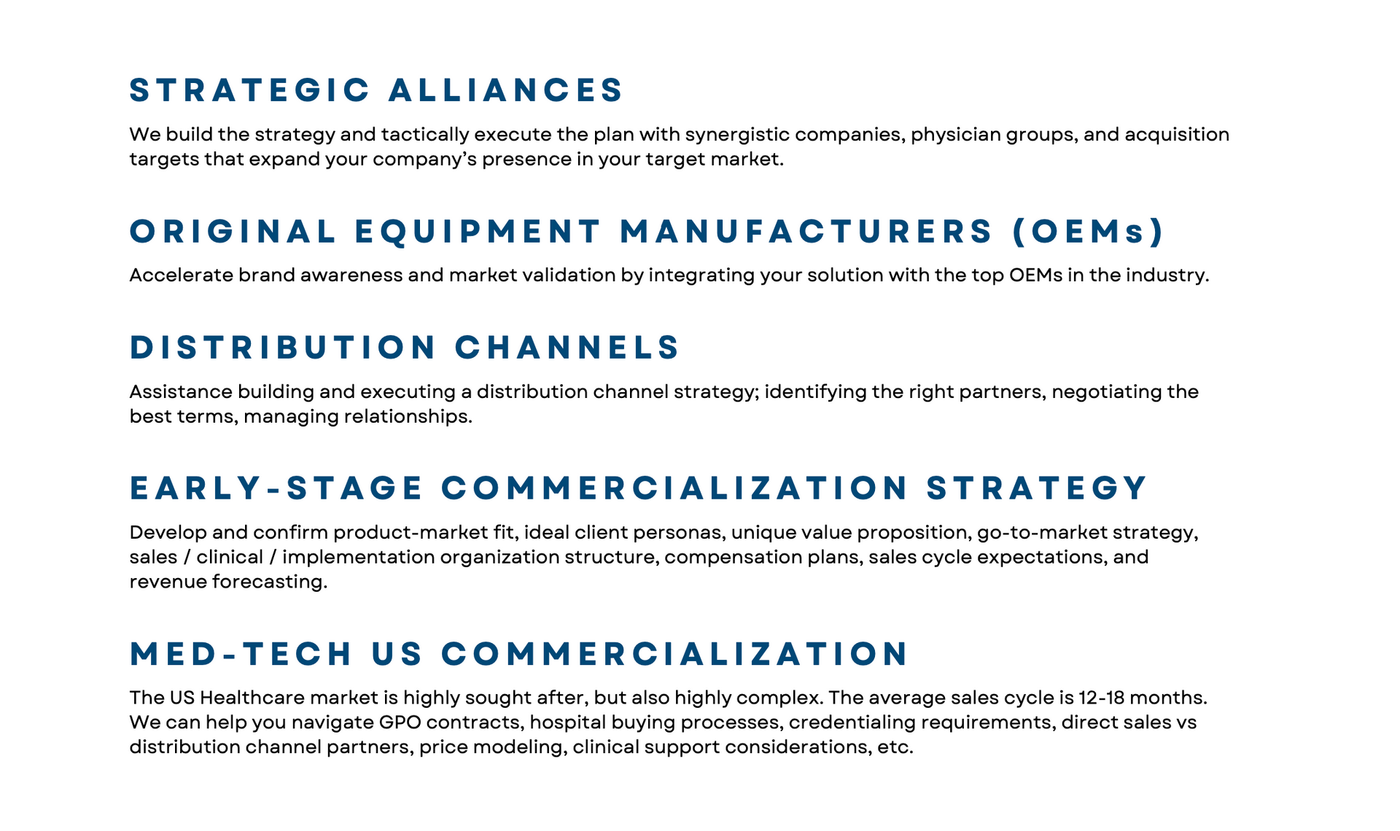Blog Articles

Things to consider when hiring the "best" sales person for your business. Most hiring managers or business owners want to find that "A Player" but they don't have the budget for it.... Here are a few key components to look for in your next sales hire: 1) Demonstrated success in previous roles with a similar sales cycle. * Short sales cycles are generally transactional and low value - churn and burn * Long sales cycles (+12 months) require patience, strategic thinking and professional persistence. Transactional reps struggle in this role. 2) Industry experience is a plus, but don't overlook the opportunity to bring in someone from an adjacent industry that can up skill the entire team with a modified sales approach. * Hiring someone for their contact list can be a huge disappointment. * Ask questions around how they built those relationships, focus on the process and if they can do the same for your business. * Hire someone that is hungry and sees the vast opportunity in front of them rather than how many people they already know. What happens when they exhaust their list of contacts? 3) Hunters vs Farmers * Hunters love to slay dragons and find those new logos. They are less interested in managing established relationships. This isn't a challenge or rewarding for them. Pay for performance, they thrive on those big commission checks! * Farmers typically don't want to cold call or carry the burden of a quota. They are really good at building rapport, maintaining current clients and expanding your installed base. Their compensation should be tied to maintaining a book of business. ** It is common for business owners to hire farmers and wonder why they aren't hunting for new business. Farmers don't want to hunt and hunters don't want to farm. Pick your poison... 4) Finding the "X" factor * Some of the best hire's I've made throughout my career have been ambitious individuals with clearly defined goals (personal, professional and financial). If you ask them where they want to be 12-36 months from now and they don't have an answer, I'd proceed with caution. If they can spell out in great detail how much money they want/need to make to accomplish "X" in the next 2-3 years the better! * A Players don't stick around long if their compensation doesn't align with the promises you make during the interview process. The list could go on and on. There is a lot of great talent out there right now. Focus on candidates that have clear personal, professional and financial goals, demonstrated success in a similar sales cycle (KEY), and have a hunter OR farmer mentality depending on the role you need to fill.

You've spent years, and what felt like an eternity, getting your product ready for market. "If you build it, they will come"...they say! We got FDA clearance and made our big announcement. The phone lines are open, and our team is ready to answer the calls. Why aren't the phones ringing? Where are all of the sales? Creating a new market with a breakthrough technology is no small feat. Forget the pro forma calculated TAM, how much product-market-fit research was done before you built the product? Are you solving a specific problem that has truly never been solved? Is it even a problem? In the US healthcare economy, you must have compelling evidence in three major categories: Clinical, Operational and Financial return on investment. One of the most common, and often overlooked, requirements is strong clinical evidence that has been demonstrated in multiple studies to produce a similar outcome. This can take 2-3 years to complete and have peer-reviewed and published. Whatever you do, please do not skip this step! You can thank us later. How can a hospital operationalize the product to improve their workflow and reduce clinician burnout? Do you have just in time distributors that deliver products multiple times per day or week? Is there room in the storage closet, nursing carts, on the IV pole, for another standalone monitor, etc.? Are you replacing something they are already using or made a significant investment procuring? Who is responsible for getting the product to the patient, nursing unit, or bedside? How much training is involved for the staff to use the product? These are all things to consider and have answers for before you start to scale. The holy grail in healthcare: are you adding cost per patient or reducing cost per patient? Part of your clinical studies and research should include a repeatable financial story as well as the clinical impact. Does your product reduce costs, and can you prove it? If your product costs more than the current solution, what is the ROI for the health system? Do the math and make sure it's airtight, not a loose possibility. If you can back up your clinical, operational and financial claims with multiple, repeatable studies, you will reduce your adoption curve. One final word of caution: the US Healthcare sales process will take 12-18 months. Happy selling.

There can be a variety of reasons why sales reps appear lost or may not be hitting their goals. Here are a few potential reasons: 1. Insufficient training or resources: Sales reps may not be hitting their goals if they do not have the necessary training or resources to be successful. This could include a lack of knowledge about the product or service, or insufficient sales tools or technology. Are they getting weekly one-on-one coaching from a sales leader? 2. Lack of motivation: Sales reps may be less likely to hit their goals if they are not motivated to do so. This could be due to a lack of incentives or rewards, a negative work environment, or a lack of support or recognition from management. A common mistake is not having a compensation plan that incentivizes the behavior you are seeking from them. Sales reps should not be full salaried employees. 3. Poor sales process or strategy: The sales process or strategy may not be effective in generating leads or closing deals. This could be due to a lack of focus on the right target market, a lack of differentiation from competitors, or a lack of clear value proposition. 4. Personal issues: Sales reps may be facing personal issues that are impacting their ability to perform. This could include health issues, family responsibilities, or personal stress. 5. Market conditions: External factors, such as changes in the market or economic conditions, may be impacting the sales reps' ability to hit their goals. Reality check: a recession can crush a business or propel a business to new heights. Is your business essential? To address these issues, it may be necessary to provide additional training or resources, motivate and engage the sales team, review and improve the sales process or strategy, provide support to sales reps facing personal issues, or adapt to changes in the market. By identifying and addressing the root causes of why sales reps are not hitting their goals, it may be possible to improve performance and achieve success.
Free Evaluation
If you are interested in scheduling a complimentary discovery call with a skilled, unbiased third party who excels in devising rapid expansion strategies, planning, and resource recommendations that drive tangible outcomes, please complete the form below.




